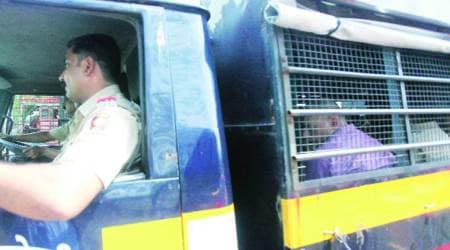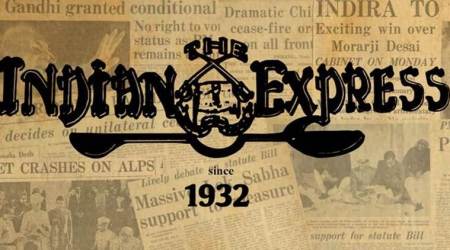 1993 Mumbai serial blasts verdict: In their defence, the accused have submitted to court that the evidence, including confessions, used against the earlier set of accused could not be used against them as theirs was a separate trial.
1993 Mumbai serial blasts verdict: In their defence, the accused have submitted to court that the evidence, including confessions, used against the earlier set of accused could not be used against them as theirs was a separate trial.
A Special Terrorism And Disruptive Activities (Prevention) Act court will Friday pronounce judgment against seven accused for the 1993 Mumbai serial blasts, which killed 257 and injured 713. The accused — Mustafa Dossa, Abu Salem, Feroz Abdul Rashid Khan, Taher Merchant, Riyaz Siddiqui, Abdul Qayyum Shaikh and Karimullah Khan — face charges including criminal conspiracy, waging war against the Government of India and murder under Sections of the Indian Penal Code, under the now repealed TADA Act, and under relevant Sections of the Indian Explosives Act and Explosive Substances Act.
The seven men form the second set of accused in the blasts case, and were arrested between 2003 and 2010. Since Salem and the other six accused were arrested at the fag end of the earlier trial, the court ordered that they be tried separately. Also read: What is the case? Click here.
According to the CBI’s case, after the Babri Masjid demolition, communal violence broke out in different parts of the country, including Mumbai. The accused, most of whom were members of active organised crime syndicates, planned ‘revenge’ for the demolition and the subsequent riots. Under the leadership of Dawood Ibrahim and Ibrahim Mushtaq Abdul Razak Memon (Tiger Memon) — who continue to remain absconding along with 31 others — the accused entered a criminal conspiracy to commit a terrorist act in India. Click here to read a timeline of what all has happened in the case so far.
The CBI claims that the objective of the conspiracy was to ‘strike terror in the people’ and to ‘adversely affect the harmony’ among different sections of Indian society and that Mustafa smuggled the arms, ammunition and explosives for the serial bombings — which, according to the CBI, was the first ever terrorsist attack in the world in which RDX (Research Department Explosive i.e cyclotrimethylene-trinitramine) was used on such a large scale after the Second World War.
In their defence, the accused have submitted to court that the evidence, including confessions, used against the earlier set of accused could not be used against them as theirs was a separate trial. While the Supreme Court had in 2011 allowed the defence to give a list of witnesses from among the earlier 686 it desired to cross-examine, the decision on the admissibility of the confessions of the co-accused will be made by the court during the final judgment by special Judge GA Sanap on Friday.

